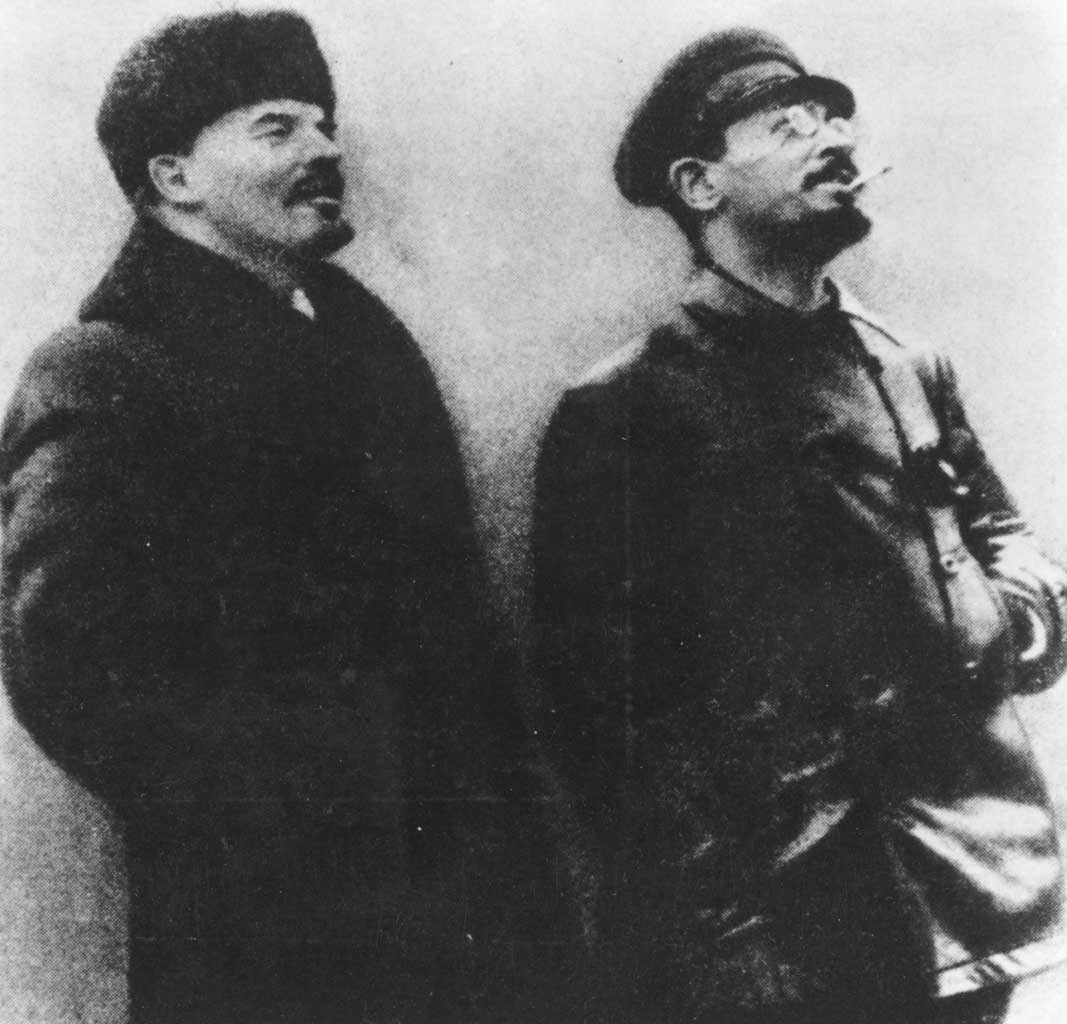
Your support helps us to tell the story
From reproductive rights to climate change to Big Tech, The Independent is on the ground when the story is developing. Whether it's investigating the financials of Elon Musk's pro-Trump PAC or producing our latest documentary, 'The A Word', which shines a light on the American women fighting for reproductive rights, we know how important it is to parse out the facts from the messaging.
At such a critical moment in US history, we need reporters on the ground. Your donation allows us to keep sending journalists to speak to both sides of the story.
The Independent is trusted by Americans across the entire political spectrum. And unlike many other quality news outlets, we choose not to lock Americans out of our reporting and analysis with paywalls. We believe quality journalism should be available to everyone, paid for by those who can afford it.
Your support makes all the difference.Acouple of weeks ago I was returning from a wedding in the Caucasus in the company of a Russian. He loved history, and thought Winston Churchill only the greatest Briton of all time, but the only one to have been a true friend of the Soviet Union. With a drunkard's insistence, he made me recite phrases from Churchill's speeches, which he replied to in the manner of Joseph Stalin. He delighted in this intimate conversation between the leaders, and insisted on our continuing until he passed out.
The contrast between this idea of a pro-Soviet Churchill and the facts presented by Robert Service in his fascinating book, which recounts the fraught relationship between the young communist state and the West, made me smile. Service's Churchill was the most virulent of all enemies of the Bolsheviks. He schemed and plotted and referred to the anti-Soviet forces as "my army". David Lloyd George, then prime minister to Churchill's minister of war, had to warn his colleague against "this obsession... upsetting your balance".
An upset balance is something that distinguishes most of the characters in this book. Service gives a detailed account of the years after 1917. He tells how the Bolsheviks went from being revolutionaries to being a government; and how Westerners abandoned their frantic opposition to the Reds and embraced trade and political alliances with them. At first, the Bolsheviks believed the world would follow them into the bright communist future. This severely complicated ties with neighbouring countries. Trotsky, Service drily observes, "had to admit that any diplomatic relations would be of an unusual kind since the Bolsheviks remained open enemies of every state in the world".
But as revolutions failed in Germany and Hungary, and Red Army soldiers were seen in Poland not as proletarian liberators but as Russian invaders, the Kremlin began to accept a more nuanced view. It was a change helped by a shifting cast of conmen, chancers and double agents, who form the focus of Service's book. Men like Arthur Ransome – better known as the author of Swallows and Amazons – shuttled between Moscow and the West, sometimes as a communist sympathiser, sometimes as a hostile spy.
Service has a wonderful eye for the telling detail. British agent George Hill helped Trotsky set up the Soviet air force, while running a network of agents collecting information on the Bolsheviks. He also spirited the Romanian crown jewels out of Moscow, forcing a reluctant driver to power an ex-imperial train across the frontline of a war between Russians and Ukrainians. He used "a degree of compulsion, including holding a gun to their driver's head," Service writes, with excellent understatement.
On the Western side of the lines were figures like Maxim Litvinov, who learned the news of the revolution when living in London, and "was so elated that he tried to shave with his toothpaste". Eccentric individuals became the conduits through which information was passed; and that information eventually bred a deeper understanding. Churchill's hatred, and Trotsky's fervour, yielded to cooler emotions as the two sides realised each other was here to stay. By 1921, Lloyd George's government signed a trade deal with the Soviets.
The communists began to enjoy the perks of their predecessors. "We lived in grand hotels and he wore fur coats and smoked enormous cigars," remembered Litvinov's wife Ivy. The story becomes irresistibly reminiscent of Animal Farm, which ends with the pigs and the humans indistinguishable. By the time of the Second World War, Hill was in Moscow swapping tips on poisons with the head of Stalin's fearsome security apparatus. And by 1945, Churchill and Stalin were grinning for the photographers at the old palace in Yalta.
That explains why, in the Soviet Union, Churchill is remembered as a Soviet ally. After my Russian friend had gone to sleep, our driver – an ethnic Armenian – told me how Churchill preferred Armenian brandy above all others. I doubted this, but it does show how the old man has become all things to all men. Service debunks such myths and makes his rich cast into human beings again; and he does so with great skill.
Oliver Bullough is the author of 'Let Our Fame Be Great' (Penguin)
Join our commenting forum
Join thought-provoking conversations, follow other Independent readers and see their replies
Comments